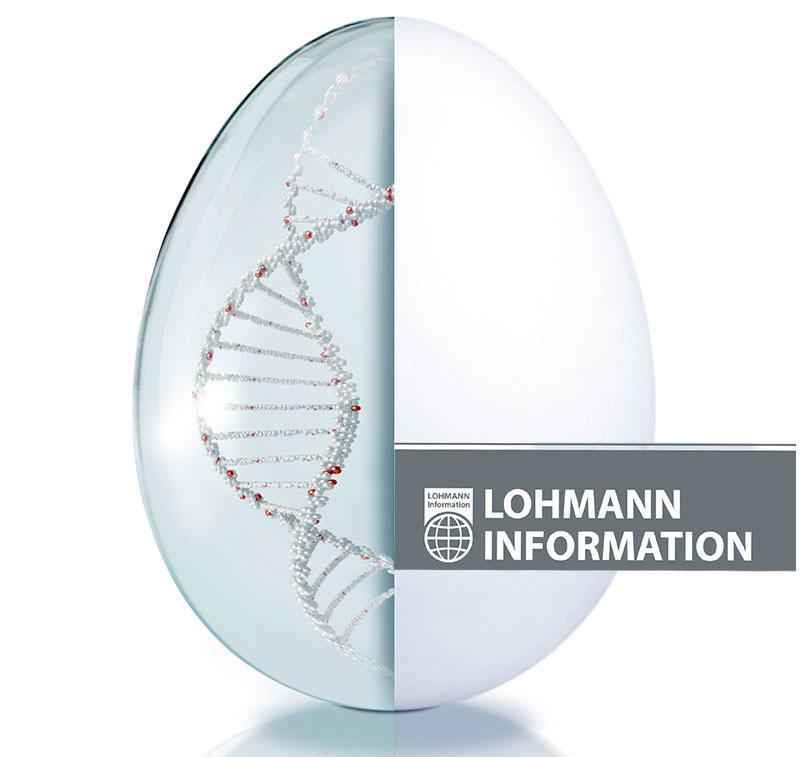
The use of imported soybean meal in poultry nutrition has been an issue since years among NGOs and government authorities,…

Abstract Five years after the banning of conventional cages in 2012, the number of laying hens and of egg production…

Abstract Bone deformities and fractures have been observed in laying hens since many years and are of concern in the…

Abstract Feed efciency is more and more important for all kinds of animal production. Increased feed costs, the awareness of…

Abstract This article reviews the possibilities to reduce the crude protein concentration in feed for broiler chickens. Considering concentrations of…

Abstract Partial and total substitution of soybean meal by alternative sources of protein, such as sunflower meal and rape seed…
And find out about all the latest industry news.